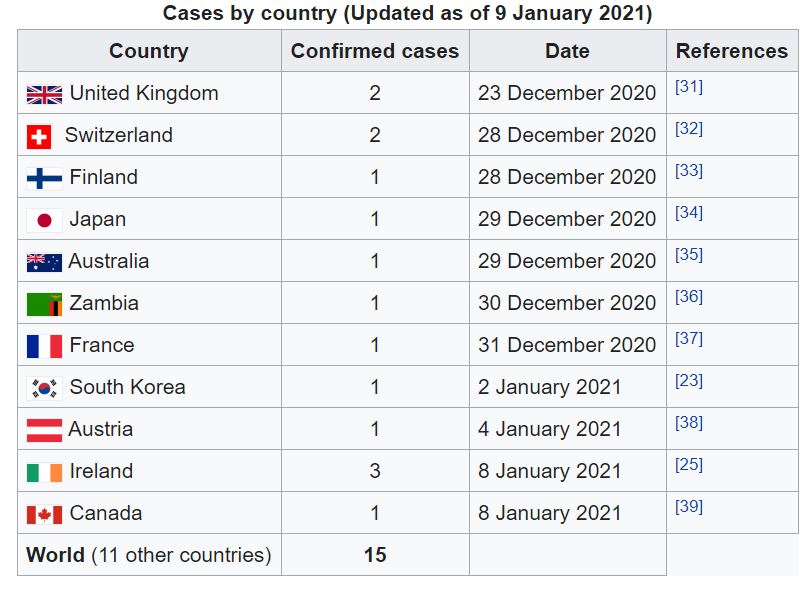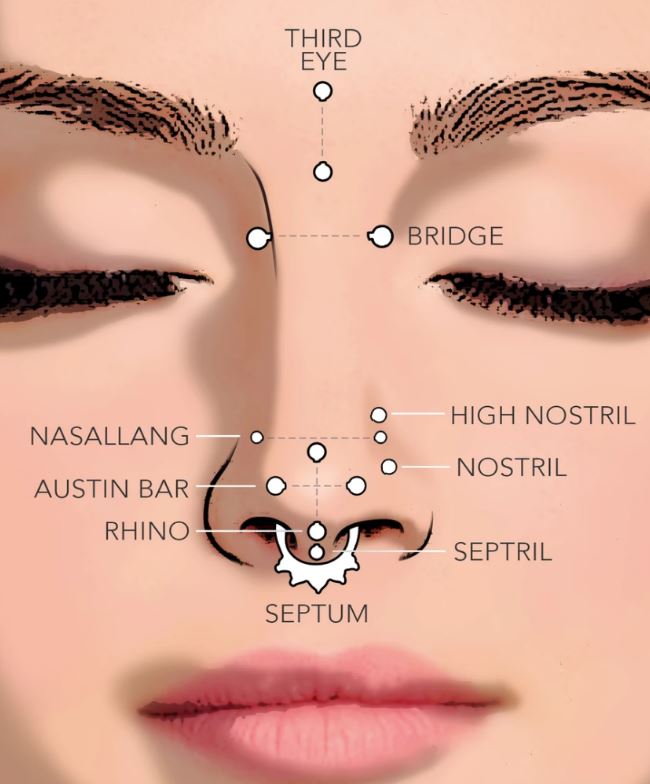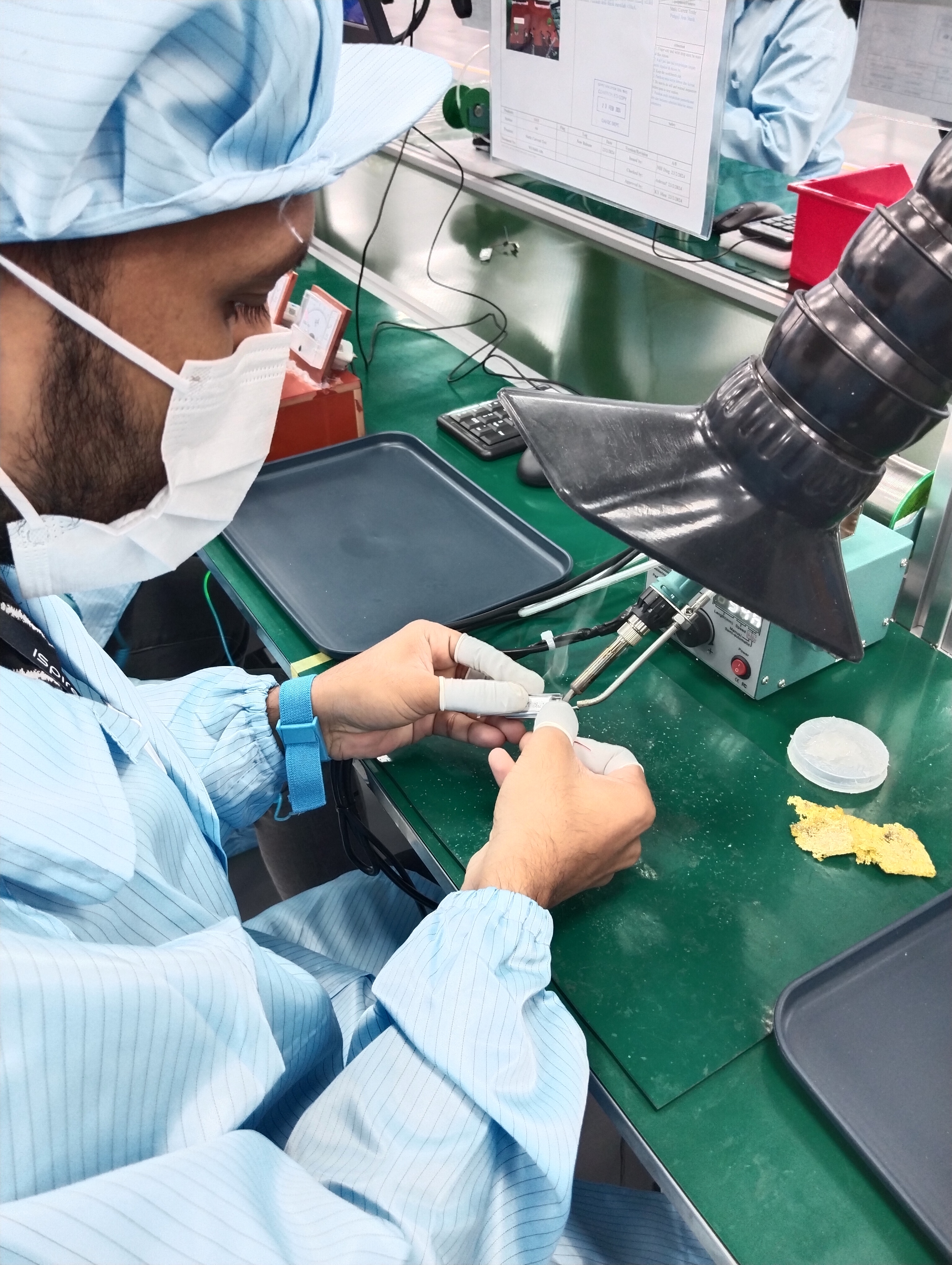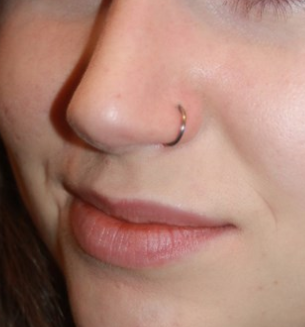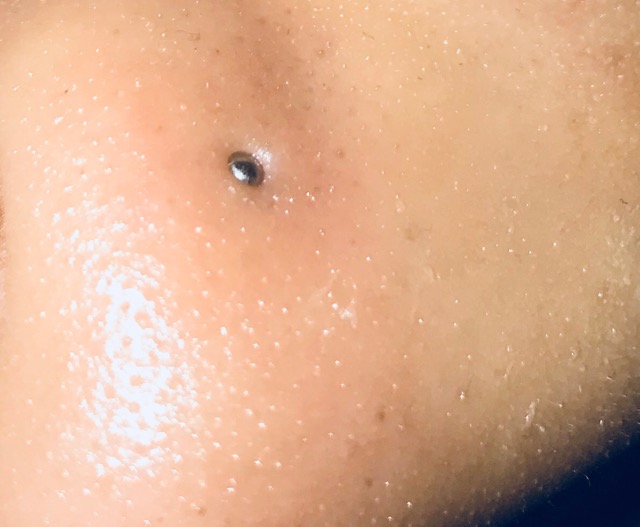Sponsor Ads
Non-China Vape, 510 Cartridges & Battery Device Maker
If you are going for a vape manufacturer out of China we are you best choice. We offer a alternative vape production location with a very competitive price. You can save money by buying directly from us the manufacturer, without any middlemen or extra fees. You can also enjoy discounts for bulk orders and special offers for long term & loyal customers.
We offer small trial orders where you can test the quality and performance of the products before placing a large order. Fast shipping and cheaper shipping cost from Malaysia and Singapore ports. You don't have to wait long to receive your products.
Contact Us!
Contribute for our website Maintenance! We want to keep it free for all visitors.
Trending Best Sellers
South African Covid Strain - Stay Informed
Trending Best SellersSouth African Covid Strain a new variant of the coronavirus is driving a powerful second wave of infections in South Africa. The variant has already spread to other countries in Africa and Europe and raised concerns over how it will respond to Covid-19 vaccines.
Researchers and officials reported that the prevalence of the variant was higher among young people with no underlying health conditions, and more frequently causes serious illness in such cases than other variants. The South African health department also indicated that the variant may be driving the second wave of the COVID-19 pandemic in the country, as the variant spreads faster than other earlier variants of the virus.

By <a href="//commons.wikimedia.org/wiki/User:Numberguy6" title="User:Numberguy6">Numberguy6</a> - <span class="int-own-work" lang="en">Own work</span>, CC BY-SA 4.0, Link
On 23 December UK Health Minister Matt Hancock announced that two people who had travelled from South Africa to the UK were infected with South African Covid Strain 501.V2. On 28 December, the variant had been detected in two people in Switzerland and in one in Finland. On 29 December, the strain had been detected in a visitor from South Africa to Japan, and in one overseas traveler to Queensland, Australia. On 30 December the variant was detected in Zambia. On 31 December it was also detected in France, in a passenger returning from South Africa. On 2 January 2021, the first case of this variant was detected in South Korea. Austria reported their first case of this variant, along with four cases of the UK variant on 4 January. On 8 January 2021, the Republic of Ireland reported the detection of 3 cases, all linked to travel from South Africa.
South African Covid Strain - News Around the world!
Covid-19 Vaccines Expected to Work on South Africa Coronavirus Strain
Vaccines may be less effective against the variant that has come to dominate in South Africa, but are expected to have some benefit
JOHANNESBURG—A new variant of the coronavirus that is surging across South Africa may make the existing Covid-19 vaccines less effective, but is unlikely to be totally resistant to the shots, according to leading researchers who have studied the mutations and the vaccines.
South African Covid Strain SARS-CoV-2 Variant Alarms Scientists
An additional mutation in the spike protein of the coronavirus may help it elude antibody recognition, and scientists are investigating if current vaccines will protect against it.
Scientists are testing if COVID-19 vaccines will protect against newly identified UK and South African SARS-CoV-2 variants, both of which contain an unusual number of mutations compared to other variants of the coronavirus. These mutations are concentrated mainly in the segment of the virus’s genome that codes for the spike protein, which the Pfizer/BioNTech, Moderna, and Oxford-AstraZeneca vaccines each build immunity to.
continue reading South African Covid Strain at The Scientist
Another new coronavirus variant found in Japan
South African Covid Strain new variant of the novel coronavirus has been found in Japan, the health ministry said Sunday.
The new mutant strain, which is partly similar to different variants reported in the U.K. and South Africa, was detected in four infected people who arrived from Brazil, the ministry said.
The National Institute of Infectious Diseases (NIID) said there was no evidence at present that the new variant was highly infectious, but it was investigating whether it could cause severe symptoms and whether or not it is resistant to vaccines.
Source: https://www.japantimes.co.jp/news/2021/01/10/national/science-health/new-coronavirus-variant-japan/

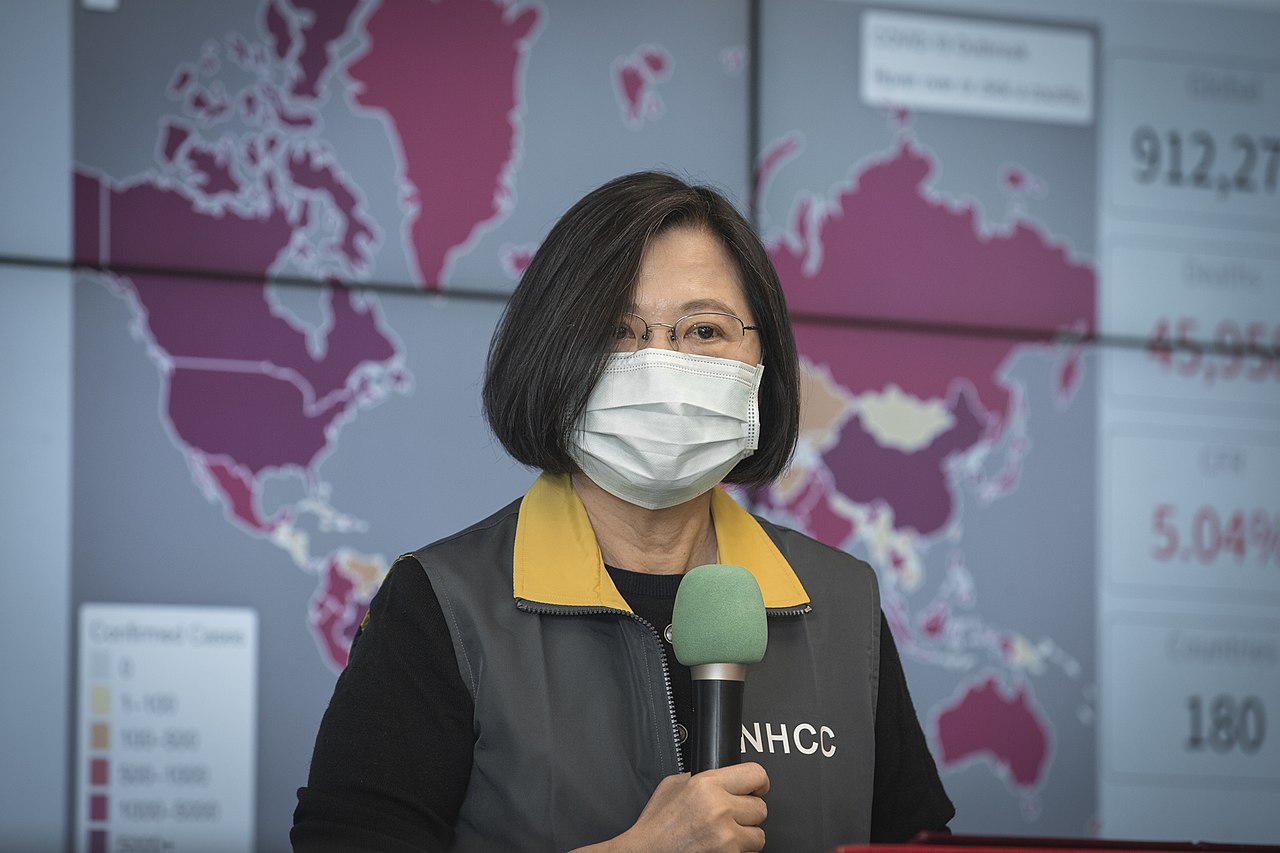

Covid 19 the Overview
The COVID-19 pandemic, also known as the coronavirus pandemic, is an ongoing pandemic of coronavirus disease 2019 (COVID-19) caused by severe acute respiratory syndrome coronavirus 2 (SARS-CoV-2). It was first identified in December 2019 in Wuhan, China. The World Health Organization declared the outbreak a Public Health Emergency of International Concern in January 2020 and a pandemic in March 2020. As of 1 January 2021, more than 83.5 million cases have been confirmed, with more than 1.82 million deaths attributed to COVID-19.
Symptoms of COVID-19 are highly variable, ranging from none to severe illness. The virus spreads mainly through the air when people are near each other.[b] It leaves an infected person as they breathe, cough, sneeze, or speak and enters another person via their mouth, nose, or eyes. It may also spread via contaminated surfaces. People remain infectious for up to two weeks, and can spread the virus even if they do not show symptoms.
Recommended preventive measures include social distancing, wearing face masks in public, ventilation and air-filtering, hand washing, covering one's mouth when sneezing or coughing, disinfecting surfaces, and monitoring and self-isolation for people exposed or symptomatic. Several vaccines are being developed and distributed. Current treatments focus on addressing symptoms while work is underway to develop therapeutic drugs that inhibit the virus. Authorities worldwide have responded by implementing travel restrictions, lockdowns, workplace hazard controls, and facility closures. Many places have also worked to increase testing capacity and trace contacts of the infected.
The pandemic has caused global social and economic disruption, including the largest global recession since the Great Depression. It has led to the postponement or cancellation of events, widespread supply shortages exacerbated by panic buying, agricultural disruption and food shortages, and decreased emissions of pollutants and greenhouse gases. Many educational institutions have been partially or fully closed. Misinformation has circulated through social media and mass media. There have been incidents of xenophobia and discrimination against Chinese people and against those perceived as being Chinese or as being from areas with high infection rates.
- Disease : Coronavirus disease 2019 (COVID‑19)
- Virus strain : Severe acute respiratory syndrome coronavirus 2 (SARS‑CoV‑2)
- Source : Possibly via bats, pangolins, or both
- Location : Worldwide
- First outbreak : Wuhan, China
- Index case : Wuhan, Hubei, China 30°37′11″N 114°15′28″E
- Date : December 2019[3] – present (1 year and 1 month)
- Confirmed cases: 83,579,767 (Dec 2020)
- Suspected cases: Possibly 10% of the global population (WHO estimate as of early October 2020)
- Deaths : 1,820,923
- Territories : 191

Source: Wikipedia
Disclaimer: the designations employed and the presentation of the material in publications listed in this database does not imply the expression of any opinion whatsoever on the part of NosePiercings.Com concerning the legal status of any country, territory, city or area or of its authorities, or concerning the delimitation of its frontiers or boundaries. Dotted and dashed lines on maps represent approximate border lines for which there may not yet be full agreement.
The mention of specific companies or of certain manufacturers’ products in publications listed in the database does not imply that they are endorsed or recommended by NosePiercings.Com in preference to others of a similar nature that are not mentioned. Errors and omissions excepted, the names of proprietary products are distinguished by initial capital letters.
By listing publications in this database and providing links to external sites does not mean that NosePiercings.Com endorses or recommends those publications or sites, or has verified the content contained within them. The database has been compiled without warranty of any kind, either expressed or implied. The responsibility for the interpretation and use of publications included in this database lies with the reader. In no event shall NosePiercings.Com be liable for damages arising from its use.
To the top of this page South African Covid Strain.
Share inspiring stories about those who have recovered from COVID-19?
Share inspiring stories about those who have recovered from COVID-19! Share it!
Comments
What you think?
Recent Articles
-
Riche Niche: Health | Lifestyle | Fashion | Marketing | Technology
Mar 14, 25 09:18 AM
Our Riche Niche blog is the easiest way to stay up-to-date with the latest news, trends and articles published on this site. -
The Therapeutic Potential of Medical Cannabis Vaporization
Aug 05, 24 09:32 PM
The use of medical cannabis has been a subject of much debate and research over the years. With the growing acceptance of cannabis for medical purposes, various methods of administration have been exp… -
Amazon Spring Sale: A Season of Spectacular Savings
Mar 18, 24 08:38 AM
Amazon Spring Sale: A Season of Spectacular Savings -
Understanding Nose Piercing Types: A Guide for Teens
Mar 16, 24 09:19 AM
Explore the rising trend of nose piercings among teenagers, understanding the various types and their cultural implications for a stylish appeal. -
Infected Nose Piercing
Mar 16, 24 09:18 AM
You can expect symptoms of infected nose piercing to resemble any other kind of body piercing infection. -
EMS manufacturing services in Malaysia
Mar 09, 24 10:33 PM
Malaysia is one of the leading countries in Southeast Asia that offers EMS manufacturing services to both local and international clients. -
Laundry Business: The Need for Payment System Upgrades
Mar 08, 24 11:14 AM
Discover the benefits of upgrading your laundry business's payment system. Enhance efficiency, increase profits, and improve customer convenience. -
Nose Peircing Store
Feb 18, 24 02:38 AM
A collection of latest at our nose peircing store. -
How to Choose the Right Coffee Maker for Your Needs
Feb 18, 24 02:12 AM
We'll compare the pros and cons of four common types of coffee makers: drip, French press, espresso, and vacuum. We'll also give you some tips on how to choose the right one based on your preferences… -
Emulate Celebrities with Nose Piercings
Feb 06, 24 08:13 AM
Discover the celebrities with nose piercing and get inspired for your next piercing! From studs to septum rings, our list has it all. Read more! -
Types of Nose Rings
Feb 06, 24 08:11 AM
Types of Nose Rings -
Is my nose piercing ring is sinking in?
Feb 06, 24 08:10 AM
Is my nose piercing ring is sinking in? Or just swollen? -
Dry Herb Vape Pens-Discover the Advantages of Malaysian Made
Feb 04, 24 12:39 PM
Choose our non-China dry herb vape pen for its high production standards, strict quality control, and excellent craftsmanship. -
Trinity Nose Ring A Unique Fashion Statement
Feb 03, 24 08:36 PM
Explore the world of trinity nose rings, a unique piece of jewelry that adds elegance and style to your look. Understand the different types and choose the right one for you. -
Redefining Beauty: The Rise of Nose Piercing Trend in the USA
Feb 02, 24 08:34 AM
Explore the evolution of the nose piercing trend in the USA, from ancient tradition to modern expression of individuality.


